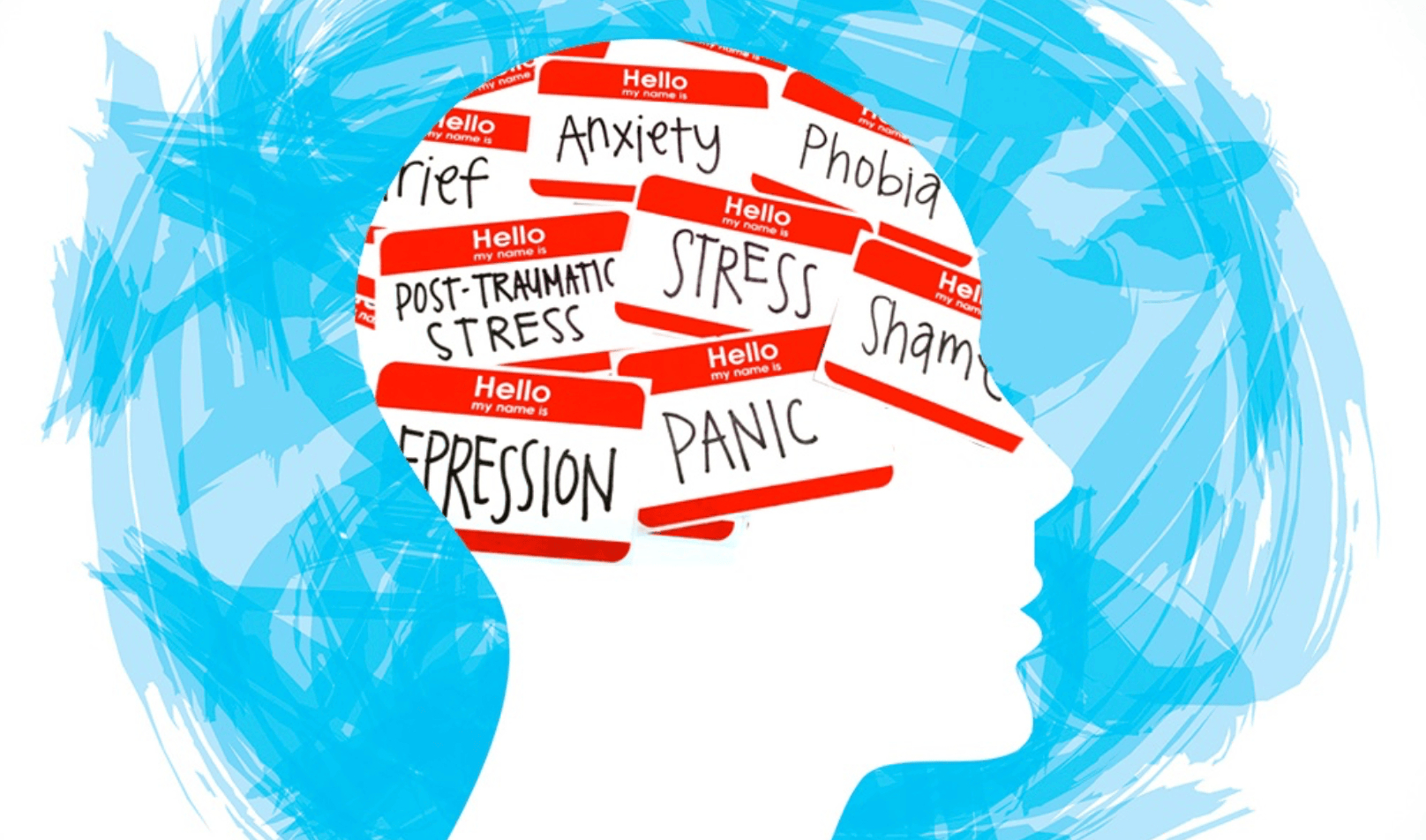Start Your Recovery Journey at a Trusted Inpatient Mental Health Facility
Comprehensive Inpatient Mental Health And Wellness Services for Effective Therapy
Inpatient psychological wellness solutions stand for a critical component of the healthcare system, supplying a organized and intensive environment for individuals experiencing severe emotional distress. These services use a multidisciplinary method, incorporating numerous evidence-based treatments to attend to the complicated requirements of patients. The performance of such detailed treatment prolongs beyond prompt stablizing; it also includes the transition to outpatient support, an important stage often forgot - Inpatient Mental Health Facility. Checking out the subtleties of this continuum exposes significant effects for both specific recuperation and broader mental health results. What elements genuinely affect this transition, and exactly how can we enhance its effectiveness?
Comprehending Inpatient Mental Health And Wellness Solutions
Inpatient mental wellness services offer crucial assistance for people experiencing severe mental distress that can not be managed properly in an outpatient setup. These services are developed to use an extensive level of care in an organized atmosphere, often within a hospital or specialized center. Clients confessed to inpatient programs normally display intense symptoms, such as self-destructive ideation, serious clinical depression, or psychosis, requiring round-the-clock tracking and treatment.
The admission process generally includes a comprehensive evaluation by psychological health and wellness experts, who review the individual's psychological state, history, and prompt needs. When confessed, people engage in a selection of therapeutic techniques customized to their particular needs, including medicine management, private treatment, and group sessions. This alternative strategy aims to support the person's condition, promote security, and foster coping abilities.
Inpatient psychological health services not only address prompt wellness concerns however additionally function as a bridge to ongoing care. By supplying a regulated setting, these services promote the development of treatment plans that can be proceeded in outpatient setups, hence ensuring a continuum of care and improving long-term end results for people with intricate mental wellness demands.
Key Components of Effective Treatment
Effective treatment in inpatient mental health services comprises several essential elements that cultivate recovery and stabilization. Firstly, a detailed evaluation is vital to recognize the person's details requirements and obstacles. This assessment educates the growth of a customized treatment plan, which functions as a roadmap for treatment.
One more vital component is the multidisciplinary team strategy. Cooperation amongst psychiatrists, psycho therapists, registered nurses, and social workers ensures that various viewpoints add to the client's care, boosting the efficiency of treatment. Evidence-based healing techniques, such as cognitive-behavioral treatment (CBT) and dialectical actions therapy (DBT), are additionally indispensable, offering structured methods that deal with maladaptive idea patterns and behavioral issues.

Lastly, an emphasis on aftercare planning is important to ensure a smooth shift to outpatient solutions, lessening the risk of regression and promoting lasting wellness. These collective components develop an effective therapy framework within inpatient psychological health and wellness solutions.
Benefits of Comprehensive Treatment

Comprehensive care in inpatient mental wellness solutions offers various advantages that significantly enhance patient results. Among the key benefits is the holistic method to treatment, attending to not just the psychological symptoms yet additionally the physical, social, and emotional needs of clients. This detailed analysis permits tailored interventions that advertise overall well-being.
One more benefit is the combination of multidisciplinary teams, which promotes partnership among health care experts. This collaborative atmosphere ensures that people receive collaborated treatment, minimizing the danger of fragmented therapy and enhancing communication among caretakers. Furthermore, thorough treatment promotes connection of services, enabling seamless transitions from inpatient to outpatient settings, which is important for long-lasting recovery.

Finally, the structured setting of extensive inpatient care provides a risk-free space for clients to involve in therapeutic activities, assisting them establish coping techniques and durability. Jointly, these advantages add to a lot more effective treatment Find Out More and boosted lifestyle for people experiencing psychological health and wellness dilemmas.
Evidence-Based Healing Approaches
In the world of mental wellness treatment, evidence-based restorative techniques play a vital function in guaranteeing that patients obtain efficient and scientifically sustained interventions. These approaches incorporate the very best readily available research study with medical proficiency and person values, fostering a customized treatment experience that resolves individual demands.
Cognitive Behavioral Therapy (CBT) is just one of the most commonly identified evidence-based methods, concentrating on recognizing and transforming negative thought patterns and actions. This organized approach has shown efficiency in treating conditions such as anxiety, ptsd, and depression. In A Similar Way, Dialectical Behavior Therapy (DBT) is particularly efficient for individuals with borderline character problem, highlighting the development of emotional policy and interpersonal efficiency skills.
Furthermore, medicine administration is typically an important element of evidence-based therapy, as psychotropic medicines can minimize signs and improve overall performance. Joint treatment designs, which involve multidisciplinary teams, better boost the efficiency of inpatient solutions by making sure detailed assessments and Check Out Your URL continuous monitoring.
Inevitably, the combination of evidence-based therapeutic approaches not just promotes favorable professional end results however also encourages individuals, fostering a feeling of company and resilience in their psychological health and wellness journeys.
Transitioning to Outpatient Assistance
The shift from inpatient mental health services to outpatient support marks an essential stage in a patient's recuperation journey. This duration needs cautious planning and control to guarantee connection of care and to minimize the dangers of regression or dilemma. Reliable discharge planning need to commence early in the inpatient keep, entailing a multidisciplinary team that consists of psychiatrists, psychologists, registered nurses, and social workers.
Crucial element of an effective transition include the growth of an extensive aftercare strategy tailored to the person's specific requirements. This strategy should detail follow-up appointments, medicine monitoring, and therapeutic interventions, along with identify area resources and support system that can facilitate ongoing recuperation.
Moreover, individual and family members education is important throughout this stage. Understanding the indicators of potential problems and the value of sticking to therapy can empower patients and their support group.
Routine follow-up and review of the outpatient strategy are important to resolve progressing obstacles. By fostering a collaborative relationship between outpatient and inpatient providers, the likelihood of sustained recovery increases, ultimately improving the individual's lifestyle and lowering the threat of readmission.

Conclusion
In recap, comprehensive inpatient mental wellness solutions provide a crucial framework for attending to extreme psychological distress with a multidisciplinary technique. By incorporating evidence-based therapies, fostering a structured atmosphere, and advertising family members involvement, these services enhance treatment efficiency. The emphasis on stability and the development of dealing skills not just aids in prompt healing yet also helps with a smoother change to outpatient treatment. Eventually, such extensive treatment is important for lasting psychological health and wellness and health.
The admission process typically includes a detailed assessment by mental wellness specialists, who review the individual's psychological state, history, and prompt requirements.Efficient treatment in inpatient psychological health and wellness solutions comprises numerous essential components that promote recuperation and stablizing.Comprehensive care in inpatient psychological health solutions uses numerous benefits that significantly improve client end results.The change from inpatient mental health and wellness solutions to outpatient support notes an essential phase in a person's healing journey.In summary, comprehensive basics inpatient mental health and wellness services supply an essential structure for addressing extreme emotional distress via a multidisciplinary technique.